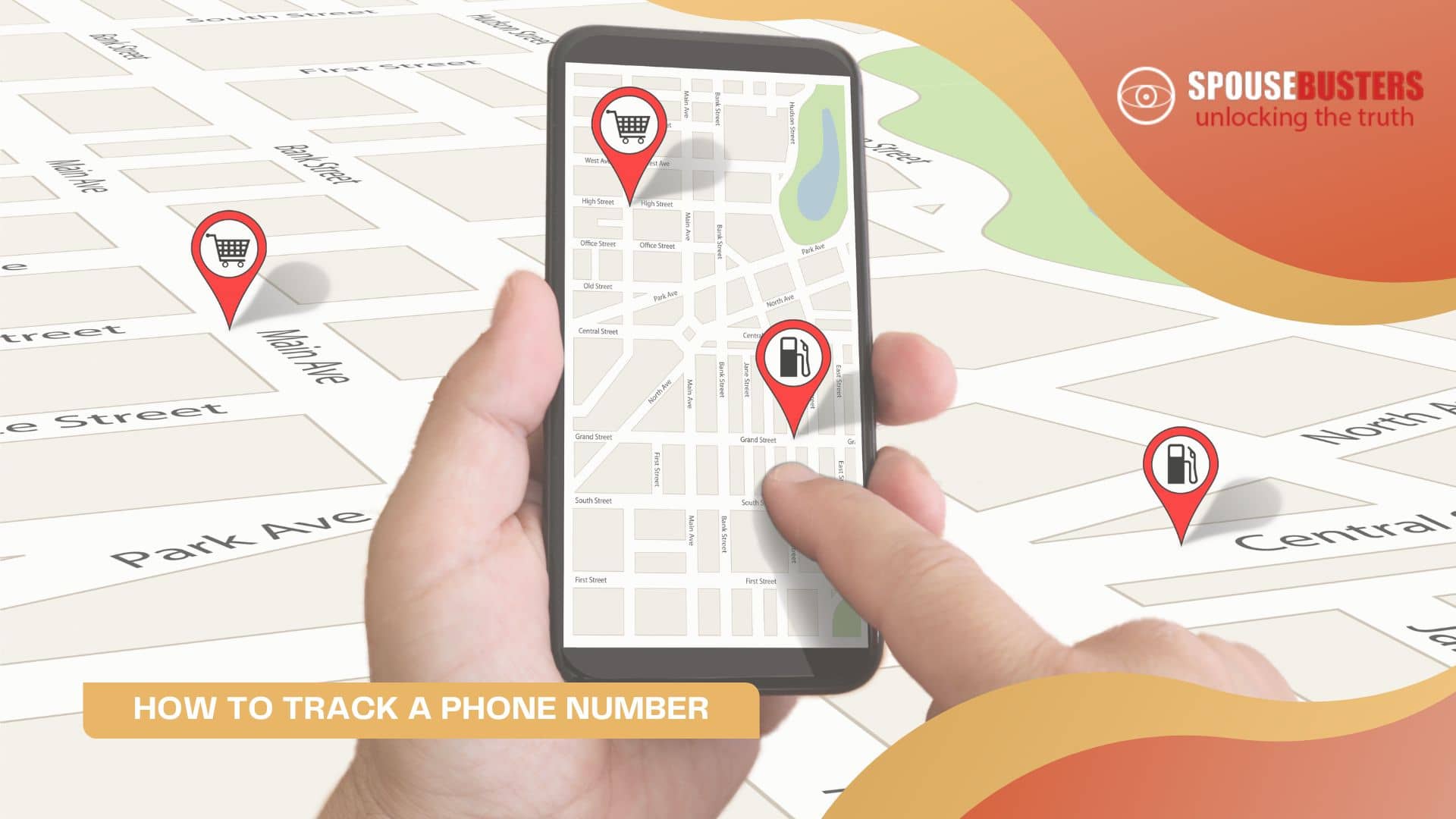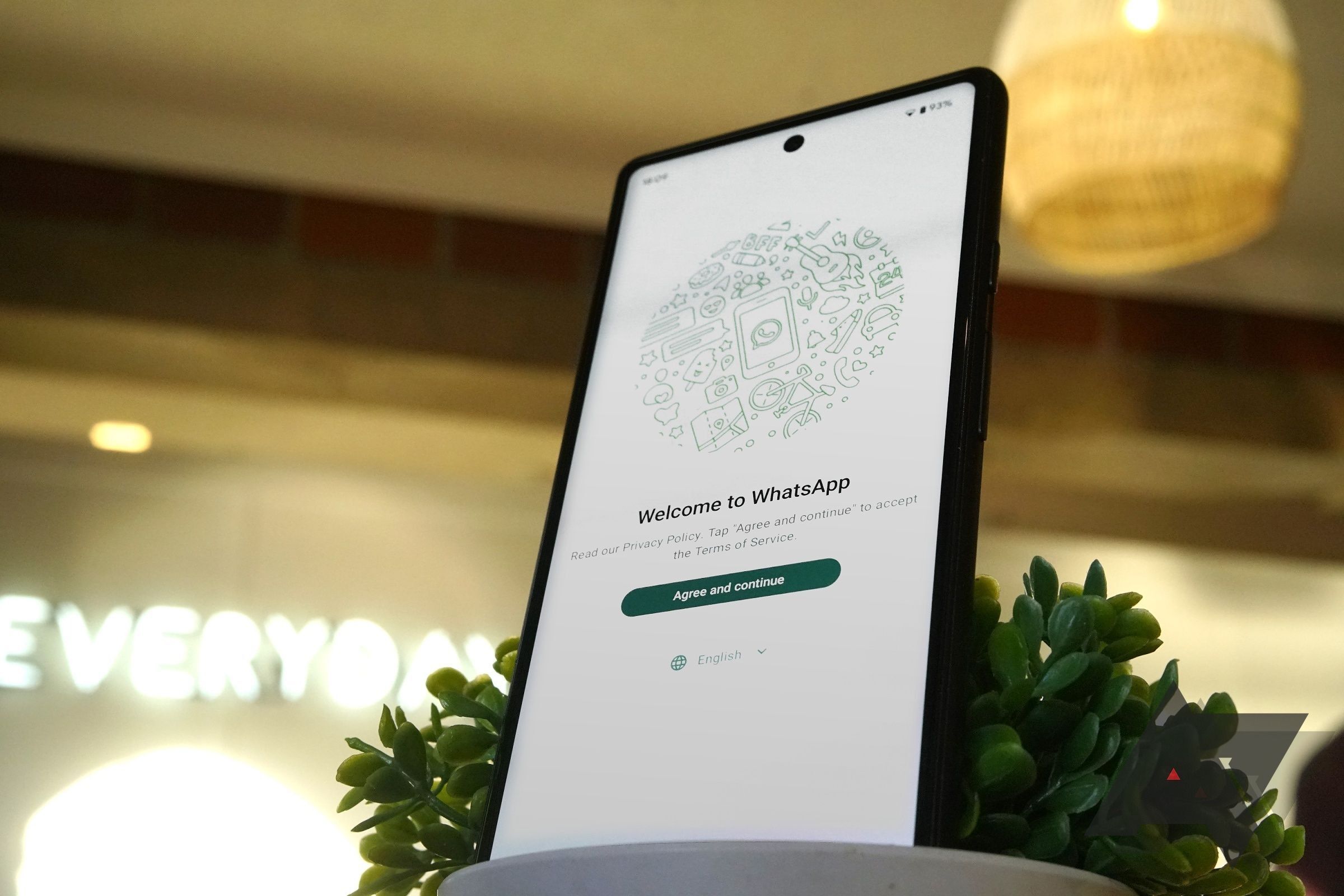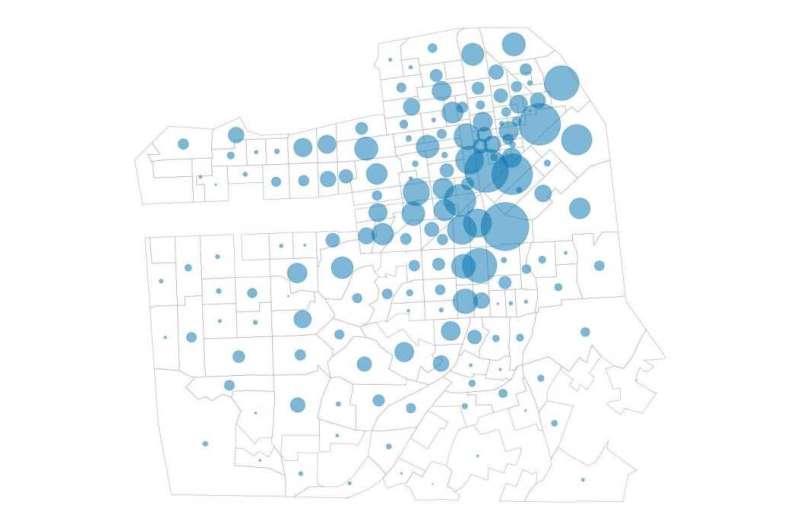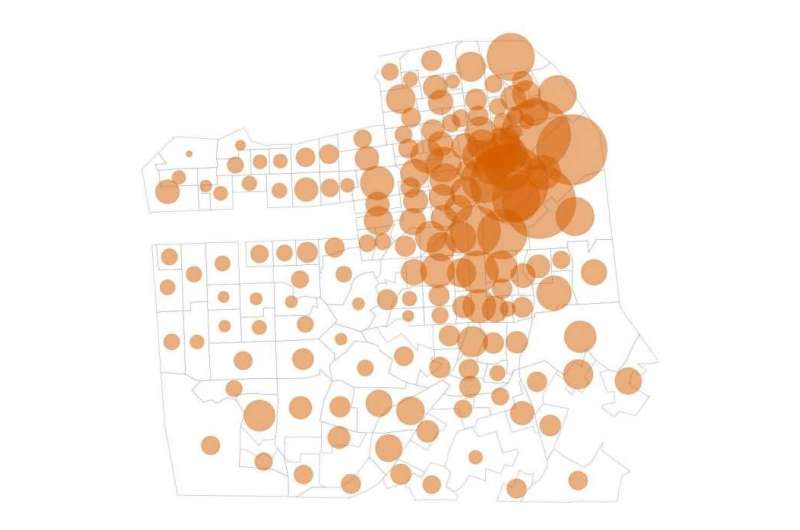Uncovering Location Through Phone Numbers: A Comprehensive Guide
Related Articles: Uncovering Location Through Phone Numbers: A Comprehensive Guide
Introduction
In this auspicious occasion, we are delighted to delve into the intriguing topic related to Uncovering Location Through Phone Numbers: A Comprehensive Guide. Let’s weave interesting information and offer fresh perspectives to the readers.
Table of Content
Uncovering Location Through Phone Numbers: A Comprehensive Guide

The ability to pinpoint a location based on a phone number has become increasingly relevant in today’s interconnected world. Whether it’s for personal safety, investigative purposes, or simply satisfying curiosity, understanding how this technology works and its limitations is crucial. This article aims to provide a comprehensive overview of the methods, applications, and ethical considerations surrounding phone number location tracking.
Understanding the Technology:
It’s important to first clarify that pinpointing a precise location solely based on a phone number is generally not possible. Traditional phone numbers, often referred to as "landlines," are not inherently tied to a physical location. They are assigned to a specific address, but that address does not necessarily reflect the user’s current whereabouts.
However, with the widespread adoption of mobile phones and cellular networks, the concept of location tracking has evolved significantly. Mobile phones, by their very nature, rely on cellular towers for communication. These towers are strategically placed across geographic areas, forming a network that allows mobile devices to connect to the internet and make calls.
Cell Tower Triangulation:
The fundamental method for tracking a mobile phone’s location is through a technique known as cell tower triangulation. When a mobile phone makes a call or sends data, it connects to the nearest cell tower. By analyzing the signal strength received from multiple towers, a network operator can estimate the phone’s location within a specific area. This area, often referred to as a "cell," can be relatively large, spanning several blocks or even miles.
GPS Data:
Modern smartphones are equipped with Global Positioning System (GPS) receivers. GPS satellites constantly transmit signals that allow devices to pinpoint their precise location on Earth. However, GPS data is only available when the phone’s GPS function is actively enabled.
Location Services and Apps:
Many smartphone apps and services rely on location data to provide personalized experiences. These apps may request access to the phone’s location services, allowing them to track the user’s movement and provide location-based information, such as traffic updates, nearby restaurants, or directions.
The Role of Network Operators:
While users may not be aware of it, network operators play a crucial role in location tracking. They maintain records of cell tower connections, allowing them to determine the general area where a phone is located. However, the accuracy of this data is limited by the density of cell towers and the signal strength.
Legal and Ethical Considerations:
The ability to track a phone’s location raises significant legal and ethical concerns. Privacy advocates argue that tracking a phone’s location without the user’s explicit consent is an invasion of privacy. Furthermore, the potential for misuse of this technology for surveillance or harassment cannot be ignored.
Applications of Phone Number Location Tracking:
Despite the ethical considerations, phone number location tracking has legitimate applications in various fields:
- Emergency Services: In emergency situations, pinpointing the location of a caller can be crucial for providing timely assistance.
- Law Enforcement: Location tracking can be used to investigate crimes and locate missing persons.
- Parental Control: Parents may use location tracking apps to monitor their children’s whereabouts for safety purposes.
- Fleet Management: Businesses can track the location of company vehicles and employees for logistical and safety purposes.
FAQs on Phone Number Location Tracking:
Q: Can I find someone’s exact location using their phone number?
A: It is generally not possible to pinpoint someone’s exact location using their phone number alone. However, network operators can provide an estimated location based on cell tower triangulation, which may not be precise.
Q: Is it legal to track someone’s location without their consent?
A: The legality of phone number location tracking varies depending on the jurisdiction. In most cases, tracking someone’s location without their consent is considered illegal unless there is a legal warrant or compelling reason.
Q: How can I prevent my phone from being tracked?
A: To limit location tracking, users can disable location services on their phones, avoid using location-based apps, and be cautious about granting access to location data to apps.
Q: Can I track someone’s location without their knowledge?
A: While it is technically possible to track someone’s location without their knowledge, it is generally illegal and unethical.
Tips for Using Phone Number Location Tracking Ethically:
- Obtain Consent: Always obtain consent before tracking someone’s location.
- Transparency: Be transparent about the purpose of tracking and the information collected.
- Data Security: Implement appropriate security measures to protect the collected location data.
- Compliance with Laws: Ensure compliance with all applicable laws and regulations regarding location tracking.
Conclusion:
Phone number location tracking is a complex and evolving technology with both benefits and risks. While it can be a valuable tool for emergency services, law enforcement, and various other applications, it is crucial to use it ethically and responsibly. Understanding the limitations of this technology, respecting individual privacy, and adhering to legal guidelines are essential for navigating this evolving landscape. As technology continues to advance, the ability to track locations based on phone numbers will likely become even more sophisticated, necessitating ongoing discussions about the ethical and legal implications of this powerful tool.







Closure
Thus, we hope this article has provided valuable insights into Uncovering Location Through Phone Numbers: A Comprehensive Guide. We thank you for taking the time to read this article. See you in our next article!